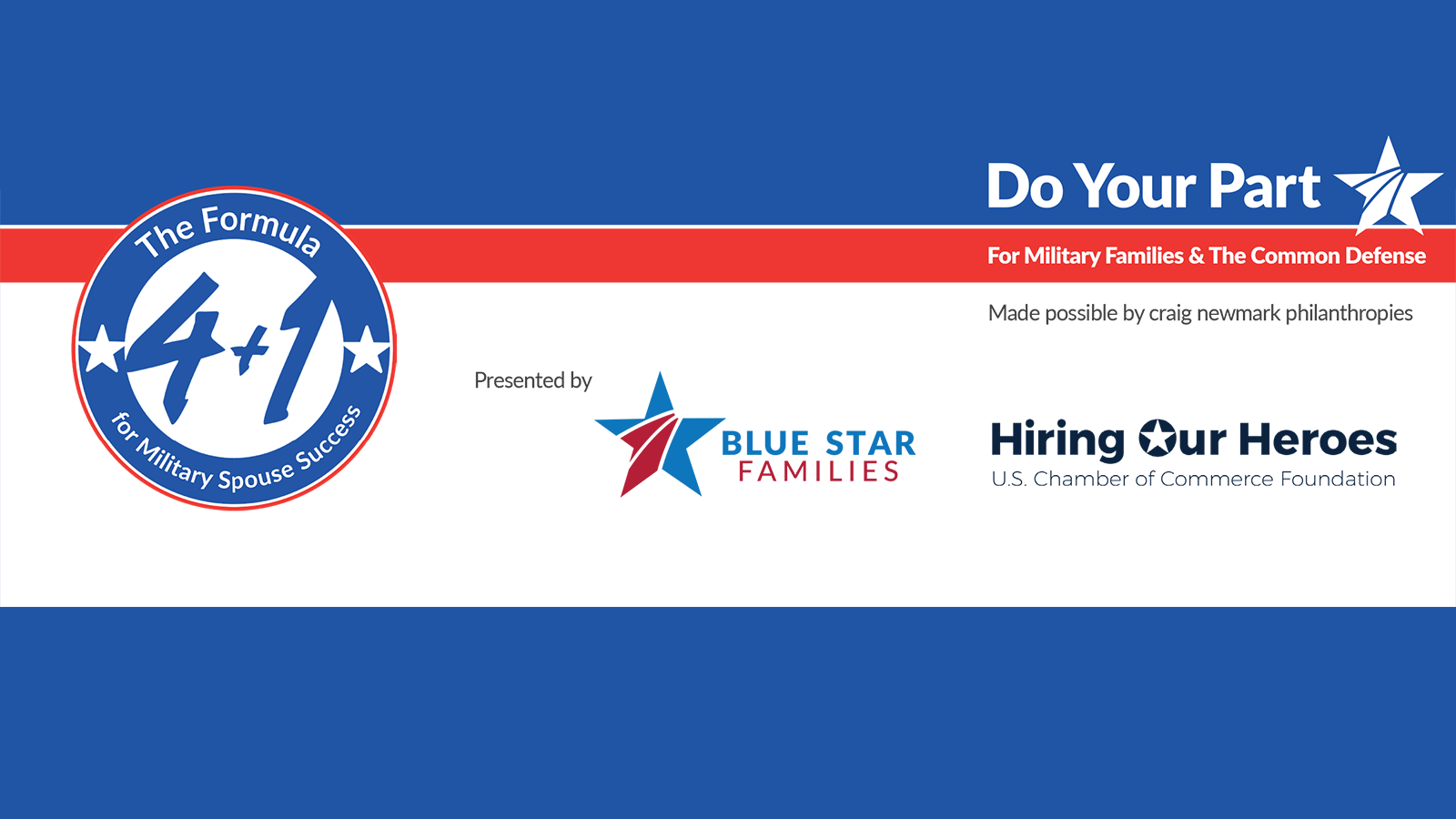.jpg)
Accounting Career Paths
Employment of Accountants is projected to grow 7 percent from 2020-2030, about as fast as the average for all occupations. About 135,000 openings for Accountants are projected each year, on average, over the decade. There has never been a better time to pursue a career path as an Accountant.
What Type of Education Does an Accountant Need?
Accountants need a Bachelor’s degree to qualify for entry-level jobs, typically in Accounting or a related field. Some states require advanced coursework beyond a Bachelor’s degree in subjects such as financial reporting, taxes, auditing, and other business areas. Bookkeepers and Accounting Clerks can begin their careers with an Associate degree. Many Accountants pursue a Master’s degree and CPA licensure.
Accounting programs are very popular, and are available at most colleges and universities across the U.S.
What are the Different Fields of Accounting?
There are four major fields to Accounting, which include corporate, public, government, and forensic.
Corporate Accounting
Corporate Accountants handle accounting for companies, prepare their accounts and any cash flow statements, analyze and interpret the financial results for the business, and look at any events such as absorption, amalgamation, and consolidated balance sheets.
Public Accounting
Public Accounting refers to a business or individual who helps a range of clients, from individuals to corporations, prepare financial documents. They may also prepare tax returns for both individuals and organizations. Other duties may include audits, consulting services and tax advising.
Government Accounting
Government Accountants are employed at all levels of government — federal, state and local. At the federal level, Government Accountants manage public funds, investigate white-collar crime, perform financial statement audits for government agencies and conduct research on emerging accounting issues. At the state and local levels, Government Accountants manage use of local revenues, investigate frauds, perform financial, performance and compliance audits and recommend corrective action where needed.
Forensic Accounting
Forensic Accounting is a specialized area of accounting. A Forensic Accountant investigates incidents of fraud, bribery, money laundering and embezzlement by analyzing financial records and transactions, tracing assets, and more.
How Will Working For a Small Accounting Firm Versus a Well-Known One Change Your Career Trajectory?
Working for a small accounting firm versus a well-known one can change your career trajectory as an Accountant. There are pros and cons to working within each organization.
Better Exposure and a Well-Rounded Accounting Experience
Smaller firms are able to give their employees better exposure and a more well-rounded accountancy experience. They are able to offer more flexibility in terms of work-life balance, working arrangements, and work hours. Smaller firms can also offer a more welcoming, collaborative environment.
Clear Path to Promotion
At smaller accounting firms, you have the ability to work on a range of projects and therefore be continuously learning. Smaller firms can also change your career trajectory faster - they give you the ability to progress your career quickly. You have a higher chance of advancing to a Partner level or higher than at a larger firm, and in a shorter amount of time.
Learning and Growth Opportunities
A more well-known accounting firm offers other benefits as well. Well-known accounting firms are larger, with lots of opportunities for learning and growth. Accountants can receive both informal and formal training, mentoring, coaching, and hands-on experience from more seasoned co-workers.
Robust Benefits
Well-known accounting firms can offer above average benefit packages than a smaller firm. Many bigger, well-known firms offer parental leave, a 401(k) match, excellent health benefits, and more.
However, unlike smaller accounting firms, it is harder to be promoted, and the work-life balance is often skewed, especially during the “busy tax season.”
How Does Working as an In-House Accountant Versus With an Agency Impact Your Career?
In-house accounting refers to accounting activities of an organization that are performed by employees who work for that organization. For small businesses who have very specific, specialized, or unusual set-up, in-house accountants are extremely beneficial.
Accounting agencies are large organizations that are equipped to cover every single type of accounting service. They can help clients with a wide array of services, such as accounts payable/receivable, bookkeeping and payroll processing.
Working as an in-house Accountant versus with an agency can impact your career. There are benefits to both career paths that will determine the level of experience and your work environment.
Gain Knowledge
Working as an in-house Accountant helps you to gain knowledge in a very specialized field of accounting, ultimately being the subject matter expert in a specific area of accounting.
Flexibility
As an in-house Accountant, you have more flexibility over your time, work load, and tasks. In-house accountants can quickly and easily adapt to fulfill a company’s needs, which leads to a more personalized relationship.
Collaborative Environment
Working in an agency as an Accountant allows for a more collaborative environment, and helps you stay abreast of the newest laws and regulations, since you will be working closely with other accounting colleagues.
What Type of Specializations Might You Look into if Your Career Stalls?
If your career stalls, or you desire a change, there are several accounting specializations that you can pursue to advance your career - tax, assurance/auditing, and analytics.
Tax Accounting
Tax accounting will teach you the fundamentals of tax returns for corporations, nonprofits, and individuals to file with the IRS or state revenue departments every year. In tax accounting, accountants learn and interpret tax laws, as well as the ethics in tax preparation and filing, both in corporate and personal tax services and regulations. Possible roles include:
- Certified Public Accountant
- Tax Law Advisor
- Tax Manager
- International Tax Manager
- Tax Accountant
- Tax Analyst
Assurance/Auditing Accounting
Those that choose to specialize in assurance/auditing accounting review and investigate accounting work. Assurance/Auditing Accountants focus on fighting fraud and catching irregularities that make companies appear more profitable than they are. In this speciality, you learn industry regulations, financial data and procedures, legal and ethical accounting principles, and laws. Possible roles include:
- Financial Auditor
- Internal/External Auditor
- Assurance/Audit Manager
- Internal Auditor Director
- Forensic Accountant
Analytics Accounting
Accountants who pursue analytics accounting focus on a business’s financial analysis and decision-making. You will learn how to create decision models, accurately report data in a timely manner, and forecast. Analytics Accountants play a vital role in presenting complex financial data to management, stakeholders, shareholders, government and consumers in a comprehensive and easily understood manner that shows how a business is performing. Possible roles include:
- Financial Analyst
- Financial Accounting Manager
- Controller
- Chief Financial Officer (CFO)
Conclusion
A job in Accounting is typically a very stable, lucrative career that can lead to many professional benefits. If you are considering a role as an Accountant, view our Finance & Accounting jobs to get an idea of what employers are asking for, read about the types of jobs in Accounting, or contact our finance industry recruiting experts - Yasmine O’Brien, Daniel Frank, and Jackie Deace.
Archives
- April 2025
- March 2025
- February 2025
- October 2024
- May 2024
- March 2024
- February 2024
- January 2024
- December 2023
- November 2023
- October 2023
- September 2023
- August 2023
- July 2023
- June 2023
- May 2023
- April 2023
- March 2023
- February 2023
- January 2023
- December 2022
- November 2022
- October 2022
- September 2022
- August 2022
- July 2022
- June 2022
- May 2022
- April 2022
- March 2022
- February 2022
- January 2022
- December 2021
- November 2021
- October 2021
- September 2021
- August 2021
- July 2021
- June 2021
- May 2021
- April 2021
- March 2021
- February 2021
- January 2021
- December 2020
- November 2020
- October 2020
- September 2020
- August 2020
- July 2020
- June 2020
- May 2020
- April 2020
- March 2020
- February 2020
- January 2020
- December 2019
- November 2019
- October 2019
- September 2019
- August 2019
- July 2019
- June 2019
- May 2019
- April 2019
- March 2019
- February 2019
- January 2019
- December 2018
- November 2018
- October 2018
- September 2018
- August 2018
- July 2018
- June 2018
- May 2018
- April 2018
- March 2018
- February 2018
- January 2018
- December 2017
- November 2017
- October 2017
- September 2017
- August 2017
- July 2017
- June 2017
- May 2017
- March 2017
- February 2017
- January 2017
 RSS Feed
RSS Feed
Subscribe to Orion's Blog
Featured Blogs





.jpg)















